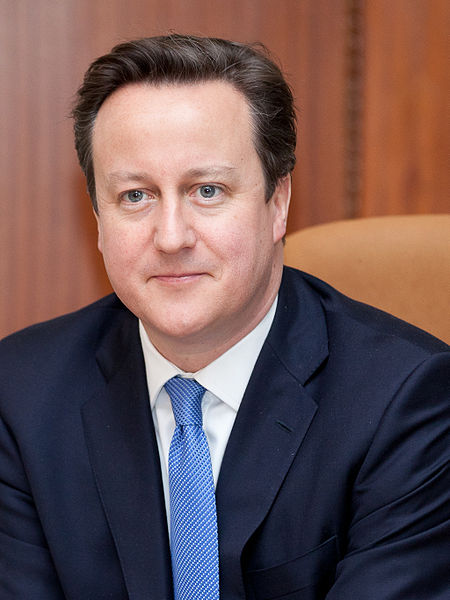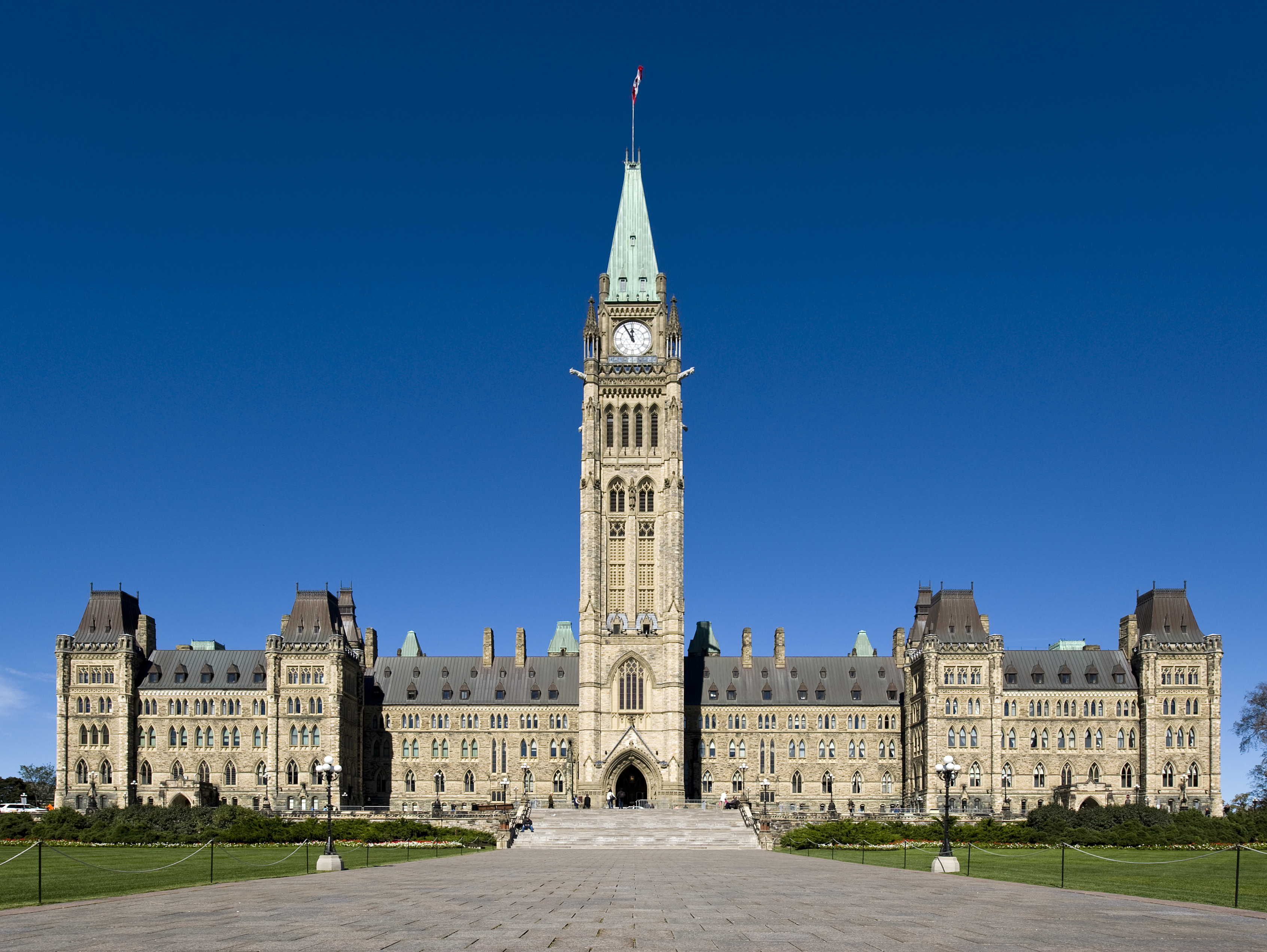Today, citizens of the United Kingdom will vote in the most diverse election in decades. Previously, elections revolved around the Conservatives, Labour, and the centrist Liberal-Democrats as a third party. This election, polls are predicting seats for the United Kingdom Independence Party, the Green Party, the Scottish National Party and Plaid Cymru (the Welsh nationalist party).
Yet, in regards to foreign policy, campaigning parties have been silent. Britain’s affairs in the world should be a contentious issue in campaigns. Two years ago Prime Minister David Cameron’s bill to join the United States in striking Syria was defeated by Parliament after some of his own party voted with the opposition. This startling defeat of a major foreign policy issue has since found the UK taking a backseat to foreign policy initiatives. On the other hand, France has become a superior supporting actor in U.S. initiatives, and Angela Merkel and François Hollande have become major negotiators in the Ukraine war. Cameron has been routinely criticized for not playing a larger role in global affairs.
Instead of debating Cameron’s foreign policy mishaps, however, most of the UK parties have remained silent. The Conservatives offer nothing in their election manifesto except a passing statement on having “a stronger voice for our nation”, while Labour pledges “a return to leadership” without defining the steps that would entail. A Leaders’ debate on April 2 lasted two hours, and yet had no questions on foreign policy. Only UKIP, widely criticized for being overly anti-immigration and anti-EU, has discussed major changes in policy, such as reducing Britain’s foreign aid, and condemning previous military actions. But none of UKIP leader Nigel Farage’s opinions have led to wider debate.
Two issues have received the majority of the coverage. The first is about renewing Britain’s Trident submarines, initially used as a nuclear deterrent since the 1980s. The Conservatives wish to keep the program, while Labour, UKIP, and the SNP wish to reduce or abolish it. But Trident, a Cold War defense system that has little effect against 21st century threats such as terrorists and cyberwarfare will not affect Britain’s overall capabilities.
 The second issue involves the UK’s role in the European Union which has faced renewed criticism over the last several years. UKIP, a party initially created to oppose the Maastricht Treaty, has vowed that if elected it will take the UK out of the EU unilaterally and immediately, claiming that Brussels has destroyed the “national self-confidence” of Britain, leeching power away from London to bureaucrats in Brussels. UKIP’s rhetoric has proved successful in galvanizing support among other parties, the Green Party and the Conservatives to promise a referendum to leave the EU. However, these election promises do not amount to a foreign policy, and don’t discuss Britain’s global role in a strategic context. There is no discussion on how Britain can chart an independent foreign policy without the EU, or, if a referendum fails, how to work within it.
The second issue involves the UK’s role in the European Union which has faced renewed criticism over the last several years. UKIP, a party initially created to oppose the Maastricht Treaty, has vowed that if elected it will take the UK out of the EU unilaterally and immediately, claiming that Brussels has destroyed the “national self-confidence” of Britain, leeching power away from London to bureaucrats in Brussels. UKIP’s rhetoric has proved successful in galvanizing support among other parties, the Green Party and the Conservatives to promise a referendum to leave the EU. However, these election promises do not amount to a foreign policy, and don’t discuss Britain’s global role in a strategic context. There is no discussion on how Britain can chart an independent foreign policy without the EU, or, if a referendum fails, how to work within it.
Recent history shows how post-World War II Britain has often been lost in regards to foreign policy. Pundits still refer to a 1962 Dean Acheson quote that “Britain has lost an empire and has not yet found a role”, to describe how often the United Kingdom has found itself without a voice in international relations. It was this powerlessness that led Britain to join the European Economic Community as a way to find a new role in a Cold War world of bipolarity. After decades of decolonization, and being unable to compete economically or militarily with the United States and the Soviet Union, it filed the first application in 1961, and was accepted into the EEC in 1973. Policies have changed frequently in the decades to maintain a global voice: Margaret Thatcher often deviated from American policy to court Mikhail Gorbachev into negotiating with the West; while Tony Blair offered strong support to the United States during the War on Terror and the Iraq War.
From this perspective, the absence of foreign policy is symbolic of a long-held identity crisis. Lib-Dem and Labour have not criticized David Cameron’s foreign policy because they have not found an attractive alternative. While the Conservatives and UKIP appeal to the notion of leaving the EU, the risks are huge. Advocates argue that by estranging themselves from the Union, they will regain the power and independence Britons deserve. Yet with no debate on what a post-EU future would look like, Britons may just find themselves lost between powers as they did in the Cold War, rather that charting their own independent path. With these larger debates absent, this upcoming election will do little to affect British foreign-policy, and the risk of being sidelined will continue to grow.




